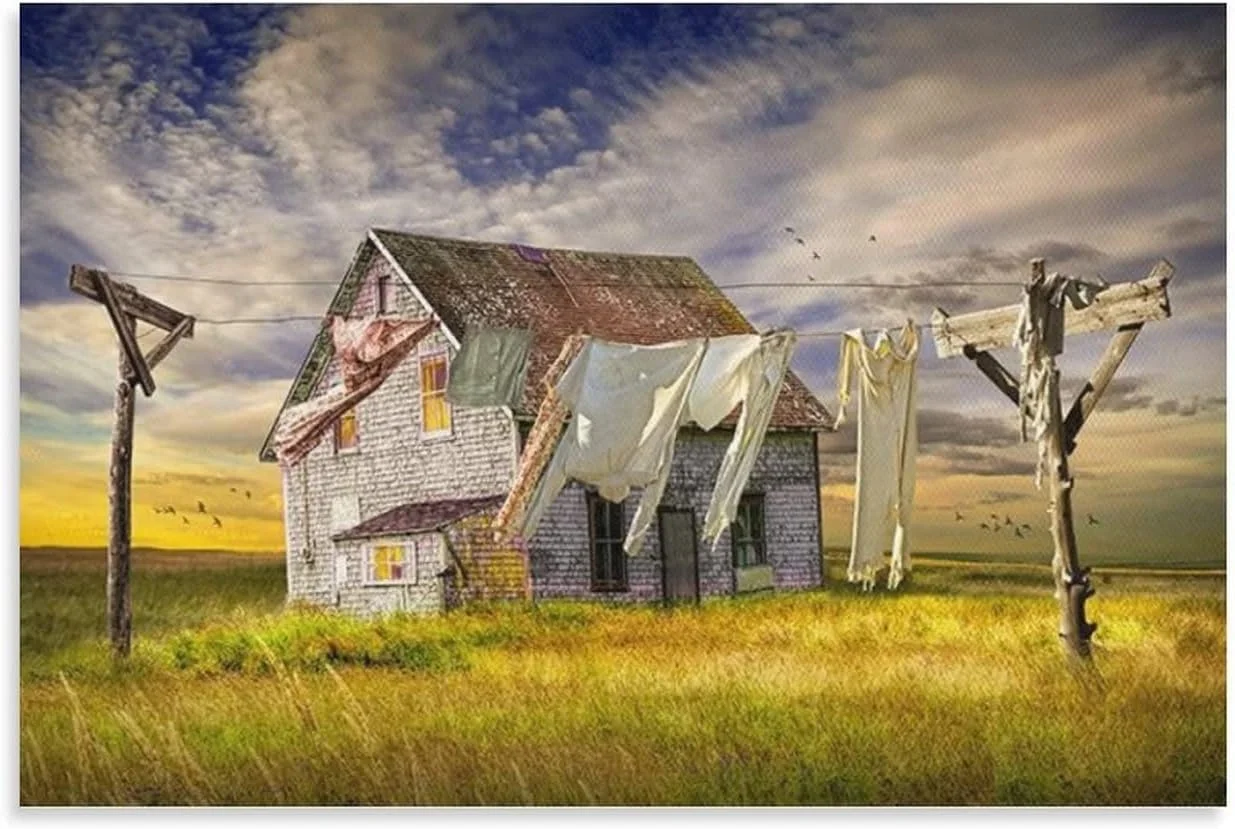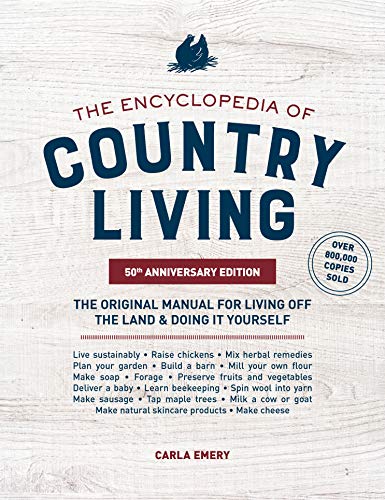Sip your coffee slowly and it will last longer, one cup of stimulation for twice the length of time. Keep it warm in a thermos and you save on microwaves. Re-use your coffee grounds and you'll save nearly 30 pounds of coffee, or $200, by year's end.
Here it goes again, that compulsion to count and figure and cut and scrimp. Like some actuary, I'm compelled to calculate the costs and consequences of every action and exchange.
Air-drying laundry on a clothesline saves nearly 50 cents a load.
Add two weeks between those monthly haircuts and save at least $60 a year.
Buy heating oil in midsummer and save another $50 or more.
April is a month for adding up; the government makes it so. After laboring over investment tax credits and itemized deductions and capital loss carryforwards a person's perceptions change. I'm consumed with frugality, obsessed with prudence.
Increasing my car insurance deductible by $200, I save $250 in annual premiums.
Our home garden reduces monthly grocery bills by $50 or more.
Rural economies are different than urban ones. Folks in the country must travel farther to their markets and the distance between opportunities is usually greater. There's a transit tax on country living that city residents never pay and local wages are often lower and harder to find.
In the city, a person can usually take a second job or work longer hours to make some extra money. In the country, earnings are restricted by space and time and urban politics.
A farmer controls what crops he plants but not the prices that will be offered. The small-town grocer can stay open longer hours, but it won't guarantee more customers.
The quickest way to earn an extra dollar in the country is not to spend it.
My push mower cost $200 less than a gas-powered model and saves $1.25 a gallon on fuel.
Writer-farmer Gene Logsdon prescribes "pastoral economics" as a means of rural survival, especially on a small farm. Its principles include "don't buy gadgets you don't need" and "learn how to fix cars and tractors yourself." Pastoral economics combines frugality with a human-centered method of accounting that gives monetary value to happiness and quality of life.
Aim to secure the greatest pleasure with the least possible outlay.
True wealth resides not in great possessions but in having few wants.
Happiness is a country home, however humble.

